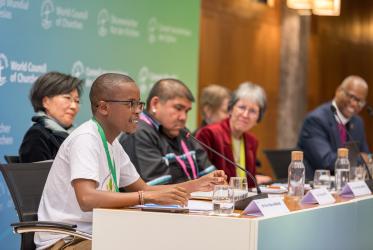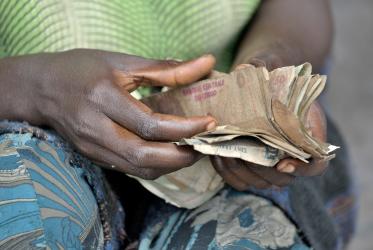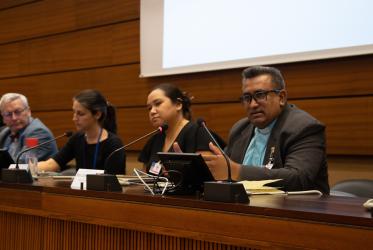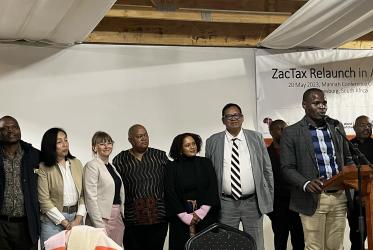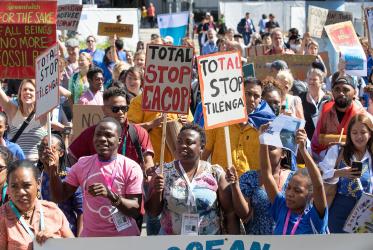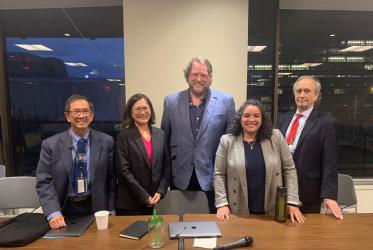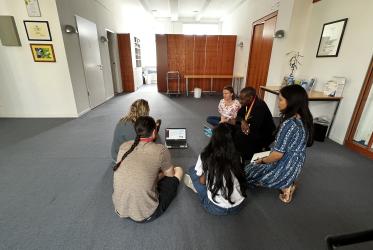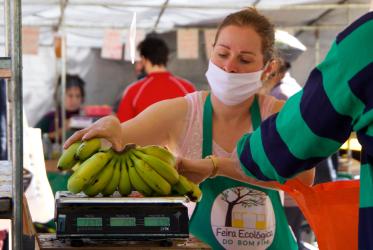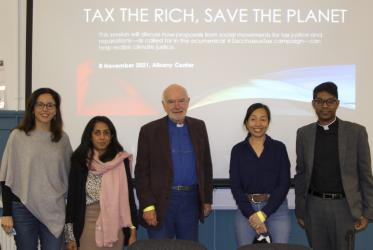Displaying 1 - 20 of 76
What can churches do to prevent modern slavery?
22 February 2024
ZacTax Campaign relaunched in Africa
23 May 2023
Churches respond to Malawi cyclone disaster
29 March 2023
African church leaders train in leadership, diakonia and development
12 November 2021
